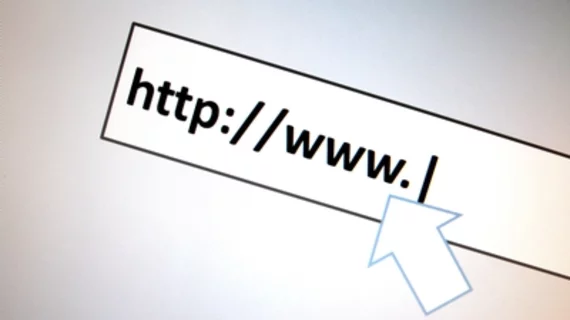Many U.S. websites do not reflect updated lung cancer screening guidelines
Accurate information relative to personal risk is crucial for improving uptake of low-dose CT (LDCT) lung cancer screening, but new data indicate content on the topic is out of date at many websites.
In March of 2021, the United State Preventive Services Task Force (USPSTF) expanded eligibility criteria for LDCT exams, lowering both the recommended age at which individuals should begin screening (50 versus 55 years) and smoking-pack year requirements (20 versus 30 years). Approximately one year after the updates were made, experts analyzed hundreds of websites that provide information on lung cancer screening to see whether the platforms made changes to their content to reflect the USPSTF updates.
The team’s findings were published March 30 in Clinical Imaging.
“In the age of widespread ownership and use of smartphones and other internet connected devices, over 80% of adults in the United States are online daily and use the internet to gather health information,” corresponding author of the new paper Gelila Solomon, with the Drexel University Dornsife School of Public Health in Philadelphia, and co-authors noted. “Digital health information has the potential to provide timely and accurate health-related education on lung cancer screening and may be instrumental in improving early detection of lung cancer.”
The team conducted their search in May of 2022. In order to be included in the analysis, websites had to provide information in English and populate in the first 10 pages of search results (there are 10 results per page). Links to journals and PDFs were excluded. Using the search queries “who should be screened for lung cancer?” and “lung cancer screening,” the team pored over hundreds of pages of content, finally settling on 200 websites.
Out of those 200, 17% to 32% had not updated their content to reflect the new USPSTF guidelines, Solomon and co-authors reported. They also noted that 40% of the first 10 websites that populated did not have updated information on who should be screened for lung cancer.
“Following policy changes, it is imperative that healthcare organizations implement processes and structures to facilitate health communication including through information technology,” the group suggested, adding that websites sharing this sort of informative content should be routinely monitored and updated to reflect current guidelines.
The study abstract is available here.

